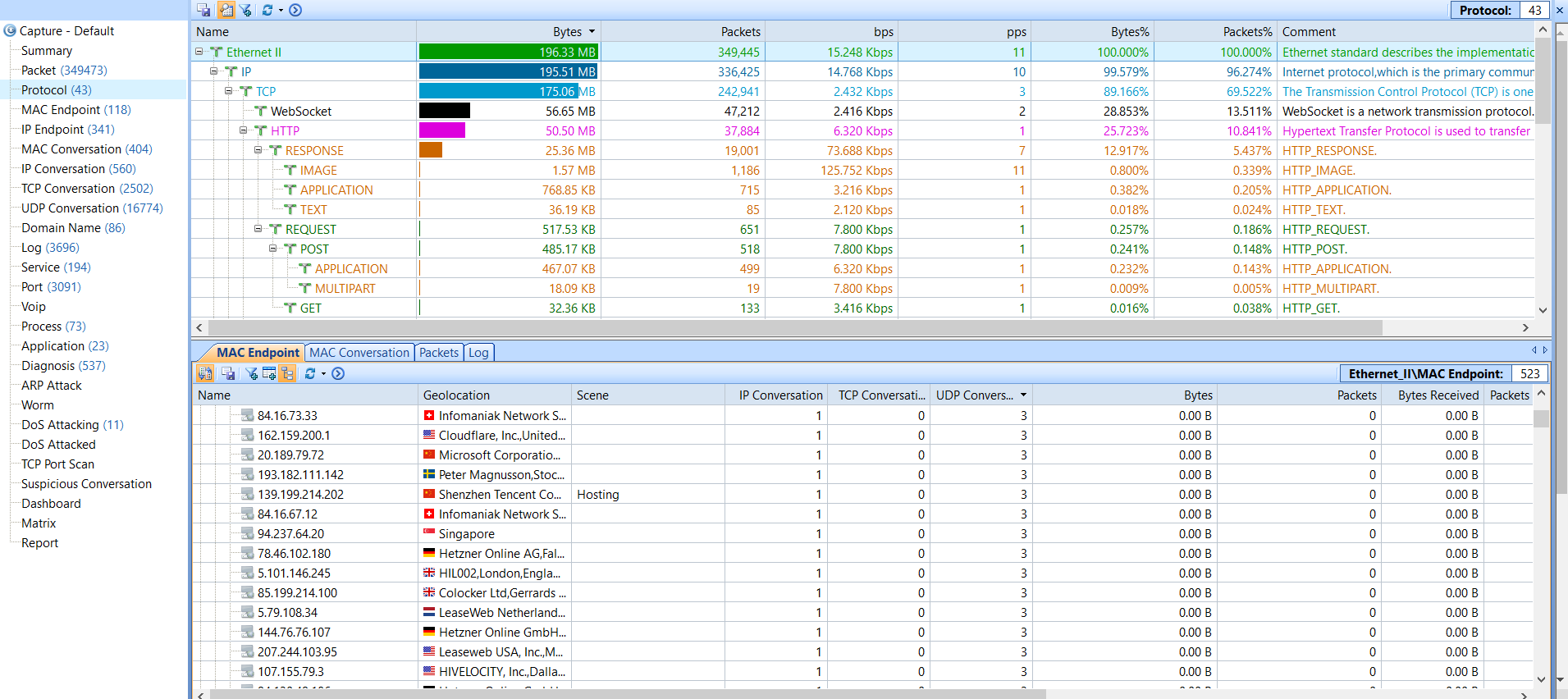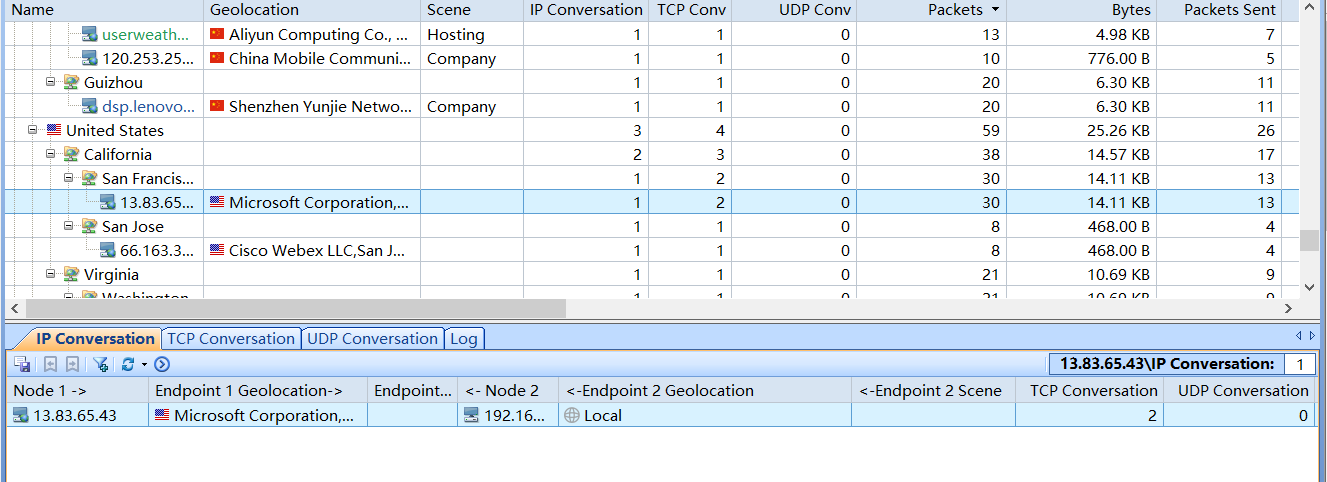Protocol Analyzer and Packet Decoding with Colasoft Capsa
What are Network Protocols?
In computing, a protocol is a convention or standard that controls or enables the connection, communication, and data transfer between two computing endpoints. In its simplest form, a protocol can be defined as the rules governing the syntax, semantics, and synchronization of communication. Protocols may be implemented by hardware, software, or a combination of the two. At the lowest level, a protocol defines the behavior of a hardware connection.
Why Protocol Analyzing Important?
Since all network communications are based on protocols and different protocols indicates varieties of network behaviors, by analyzing protocols using a protocol analyzer, we get to know what network applications are used on the network and what network behavior is taken against your network. You may check out our protocols database to get an explanation of each protocol.
Analyze Protocols with Capsa
Being able to support more than 1000 protocols in the latest version, Capsa make it easy to analyze protocols in network and understand what is happening.
Comprehensive Protocol Statistics in the Protocol Tab
In the Protocol tab, all protocols detected are listed with detailed traffic (both total and real-time) and connections information. With its easy sorting feature, we can understand which protocol has generated the largest traffic and built most connections.

Drilldown on a Single Protocol
Capsa's unique design allows network administrators to carry out drilldown analysis on a single protocol and view dedicated information in the information-rich tabs in the window.

Conclusion
With Capsa's protocol analyzing ability, network administrators can easily understand what is happening on network and which network application has generated the largest traffic, these statistics provides first-hand information to carry out daily network management.